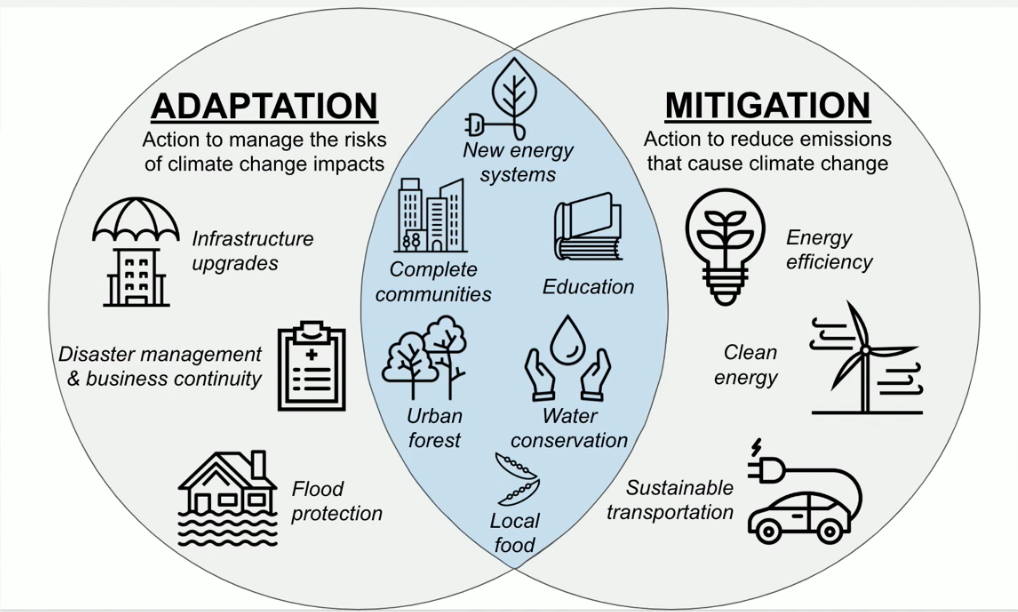
Unlocking the Potential: AI’s Role in Climate ActionUnlocking the Potential: AI’s Role in Climate Action The impending climate crisis demands urgent and transformative solutions. Artificial intelligence (AI) emerges as a promising tool with the potential to revolutionize our approach to climate mitigation and adaptation. Enhanced Data Analysis and Modeling: AI algorithms can process vast amounts of climate-related data, identifying patterns and trends that are invisible to the human eye. This enables scientists and policymakers to develop more accurate models, predicting future scenarios and assessing the effectiveness of climate policies. Optimizing Energy Efficiency: AI can analyze energy consumption patterns, optimize building design, and control heating and cooling systems. By reducing energy waste, AI helps reduce greenhouse gas emissions and save energy costs. Predicting Extreme Weather Events: AI algorithms can analyze historical data and identify patterns that indicate the likelihood of extreme weather events, such as hurricanes and droughts. This enables early warning systems, disaster preparedness, and evacuation planning, reducing the impact of these events. Sustainable Agriculture and Land Management: AI can monitor crop health, predict yields, and optimize irrigation practices. By maximizing agricultural productivity and minimizing environmental impact, AI contributes to food security and climate resilience. Carbon Capture and Storage: AI can identify suitable sites for carbon capture and storage technologies. By analyzing geological data and optimizing injection and storage processes, AI helps reduce atmospheric carbon dioxide levels. Empowering Decision-Making: AI can provide real-time data and insights to policymakers, enabling them to make informed decisions on climate mitigation and adaptation strategies. By quantifying potential impacts and risks, AI helps decision-makers prioritize actions and allocate resources efficiently. Challenges and Considerations: While AI holds immense potential for climate action, it also presents challenges. Ensuring data privacy, addressing computational costs, and mitigating AI bias are crucial considerations. Additionally, ethical implications must be carefully assessed to ensure responsible and equitable use of AI. Conclusion: By leveraging AI’s capabilities, we can unlock the potential to address the climate crisis effectively. Through enhanced data analysis, optimization, prediction, and decision-making, AI empowers scientists, policymakers, and industries to take bold action towards a more sustainable future. Investing in AI research and deploying AI solutions is imperative to mitigate the impacts of climate change and build a resilient society.
Posted inNews